Graph the rational function and find the intercepts.g(x) = 
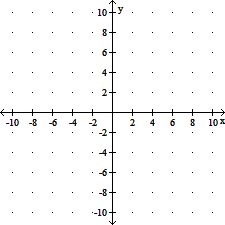
A. no x-intercept. y-intercept: -6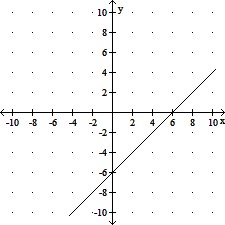
B. no x-intercept. y-intercept: -6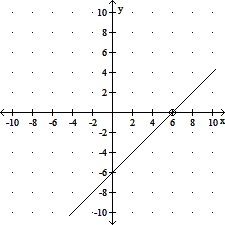
C. x-intercept: 6. y-intercept: 6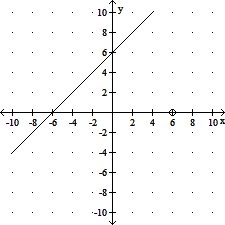
D. x-intercept: 6. y-intercept: -6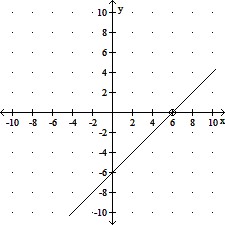
Answer: B
You might also like to view...
Find the equation of the circle that satisfies the following conditions. Express the final equation in the form x2 + y2 + Dx + Ey + F = 0.Tangent to the x axis, a radius of length 7, and abscissa of center is –8
A. x2 + y2 - 16x - 14y + 64 = 0 and x2 + y2 - 16x + 14y + 64 = 0 B. x2 + y2 + 16x - 14y + 64 = 0 C. x2 + y2 + 16x - 14y + 64 = 0 and x2 + y2 + 16x + 14y + 64 = 0 D. x2 + y2 + 16x + 14y + 64 = 0 E. x2 + y2 - 16x + 14y + 64 = 0
Sketch D and g(D) from the description of D and change of variables  x = u cos v, y = u sin v where D is the rectangle 1 ? u ? 2, 0 ? v ?
x = u cos v, y = u sin v where D is the rectangle 1 ? u ? 2, 0 ? v ? 
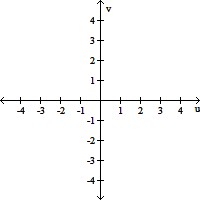 ?
?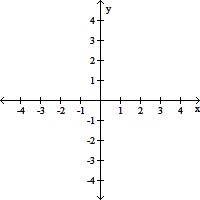
A.
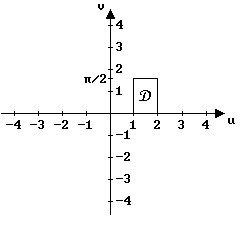 ? ? |  |
B.
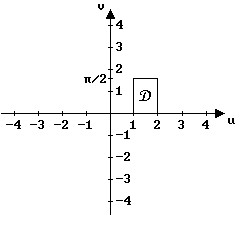 ? ? | 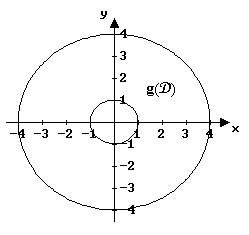 |
C. None of these.
D.
 ? ? |  |
Rank the data from lowest to highest and determine the requested quartile.The following scores on the midterm exam in a math class were recorded. Find the 1st quartile, Q1.
Find the 1st quartile, Q1.
A. 70.5 B. 70 C. 69.5 D. 71
Solve the problem.Which apportionment method may produce the new-states paradox?
A. Adams B. Jefferson C. Webster D. Hamilton